
14 books on leadership to read and boost your business
Must-read books for those who wish to stand out!

What will we see in this post
Those who enter the world of entrepreneurship know that it is necessary to stay up to date, lapidate their own skills, learn new things and always find new ways and solutions to improve their managerial skills.
To do all of this, there is no better and more complete solution than cultivating the habit of reading. And believe me, we are not making a motivational speech like the one we give our kids to motivate them to read and study.
Reading is recommended by several of today’s greatest and most expressive leaders as a central pillar for success. We’re talking about names like Bill Gates, Mark Zuckerberg, Elon Musk and Warren Buffet. They’re all assiduous readers and attribute a significant portion of their success to their reading habit.
At this point, you are probably thinking:
There are so many books and authors available on the market. How will I know which ones can help me?
That’s exactly why we wrote this post!
Bellow, you will find a list of 14 books on leadership that will be a veritable game changer for your business.
1. The Servant: A Simple Story About the True Essence of Leadership – James Hunter
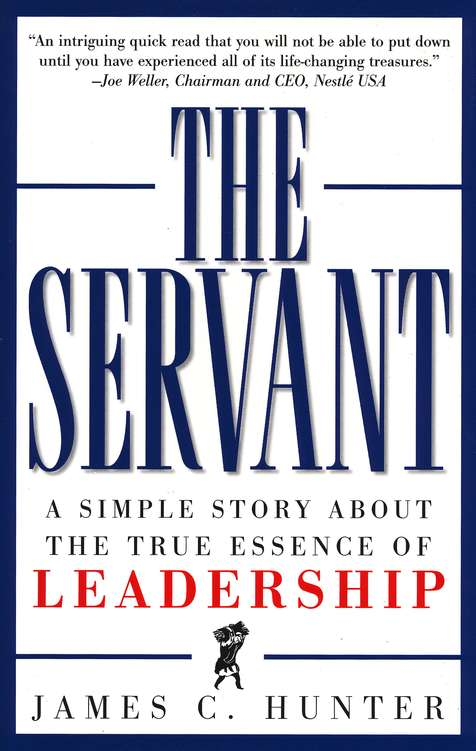
This book tells the story of Leonard Hoffman, a great American businessman who decides to abandon his career to become a Benedictine monk.
The story is full of teachings that reveal how a monk’s philosophies and way of life are essential for lapidating a successful leader and, moreover, to lapidate a better human being to society, friends, family or any other circumstance.
The success of the book is such that CEOs all over Brazil consider it their bedside book, for constant consultation, some of which refer to the book as a must-read for employees seeking promotions.
2. The book of small revolutions – Elsa Punset

This book (available only in Spanish and Portuguese, for now) provides small lessons and training so you can overcome your shyness, sadness, loneliness and other aspects that negatively affect your professional and personal life.
The author proposes, through small revolutions, a new way of dealing with negative emotions that are part of daily life.
3. Time, talent, energy – Michael Mankins and Eric Garton
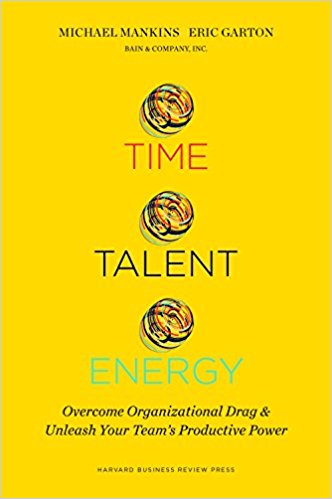
This book was written by two Bain & Company consultants and aims to teach how to optimize the work time of your corporate team, exploiting the talents of each employee, and motivating the team constantly so that the goals established are achieved.
The book has practical examples to serve as a guide for leaders who want to make the most of their employees’ productivity.
The book has one main lesson: the management of human assets requires discipline, which is an important point for leaders to rethink and reformulate certain attitudes.
4. Silence: In the Age of Noise – Erling Kagge

Our busy city lives with excessive noise, information, and stimuli, are impoverishing our inner selves. And it is by using this premise that this Norwegian author portrays the importance of dedicating oneself to silence and self-awareness.
The book allows readers to look at their personal and professional life more clearly, with sensibility, and from a different perspective.
5. Becoming the Boss: New Rules for the Next Generation of Leaders – Lindsey Pollak
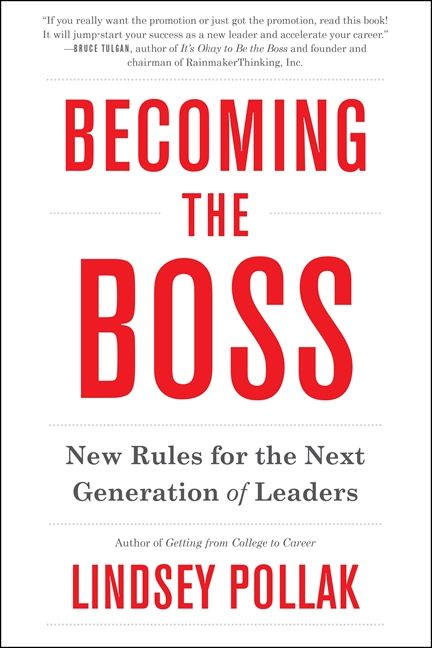
The book serves as a leadership guide for younger professionals through tests, applications and websites that can assist them in their daily business. However, it can also help older professionals to understand their co-workers.
It provides several ideas for the development of a style of leadership, regardless of age, and stimulates reflection on the various forms of communication with customers, bosses and employees of all generations.
6. 1 kg of General Culture – Florence Braunstein and Jean-François Pépin

The title refers to the more than 1,300 pages that were used by the authors to portray various themes such as the Big Bang, Merovingian art, Hellenism, Simone de Beauvoir, from prehistoric to contemporary times. The book is available in Spanish, French, and Portuguese, for now.
The work itself does not talk about careers exactly. However, it gathers insights that are essential to success in all walks of life.
7. Money: Master the Game – Tony Robbins

In this book, renowned coach Tony Robbins uses NLP (Neuro-linguistic programming) foundations to show how readers can optimize their personal finances and achieve financial independence and stability.
8. The Obstacle is the Way – Ryan Holiday
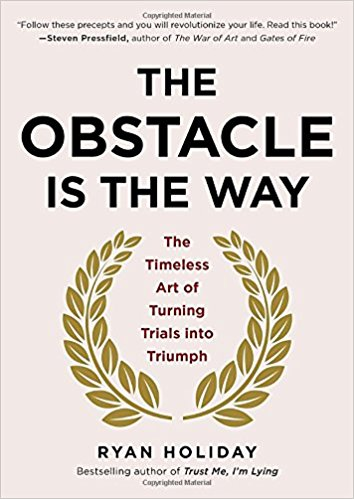
By drawing on the historical teachings of Roman emperors and other great leaders in the history of mankind, consultant Ryan Holiday reveals how problems can be catalysts for success.
In the book, the author argues that the secret to the success of great leaders lies in understanding that obstacles are not necessarily problems or situations to be avoided. He argues that obstacles are actually possibilities for testing their adaptive capacity.
9. Drive – Daniel Pink
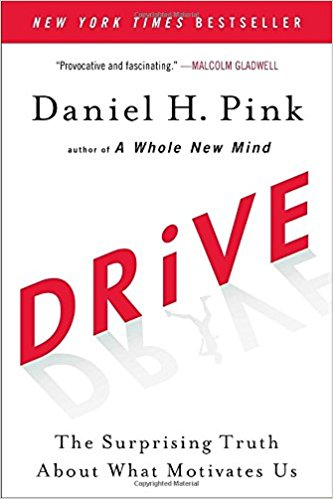
The great question of this book is: what motivates you to get out of bed every day to go to work?
Throughout the book, Daniel Pink argues that traditional motivations no longer work to boost employee productivity.
His theory is that, in contemporary times, there are three motivation triggers: autonomy, mastery, and meaning. Based on this premise, Pink guides readers on how to lead and motivate teams while motivating themselves.
10. Influence: The Psychology of Persuasion – Robert Cialdini
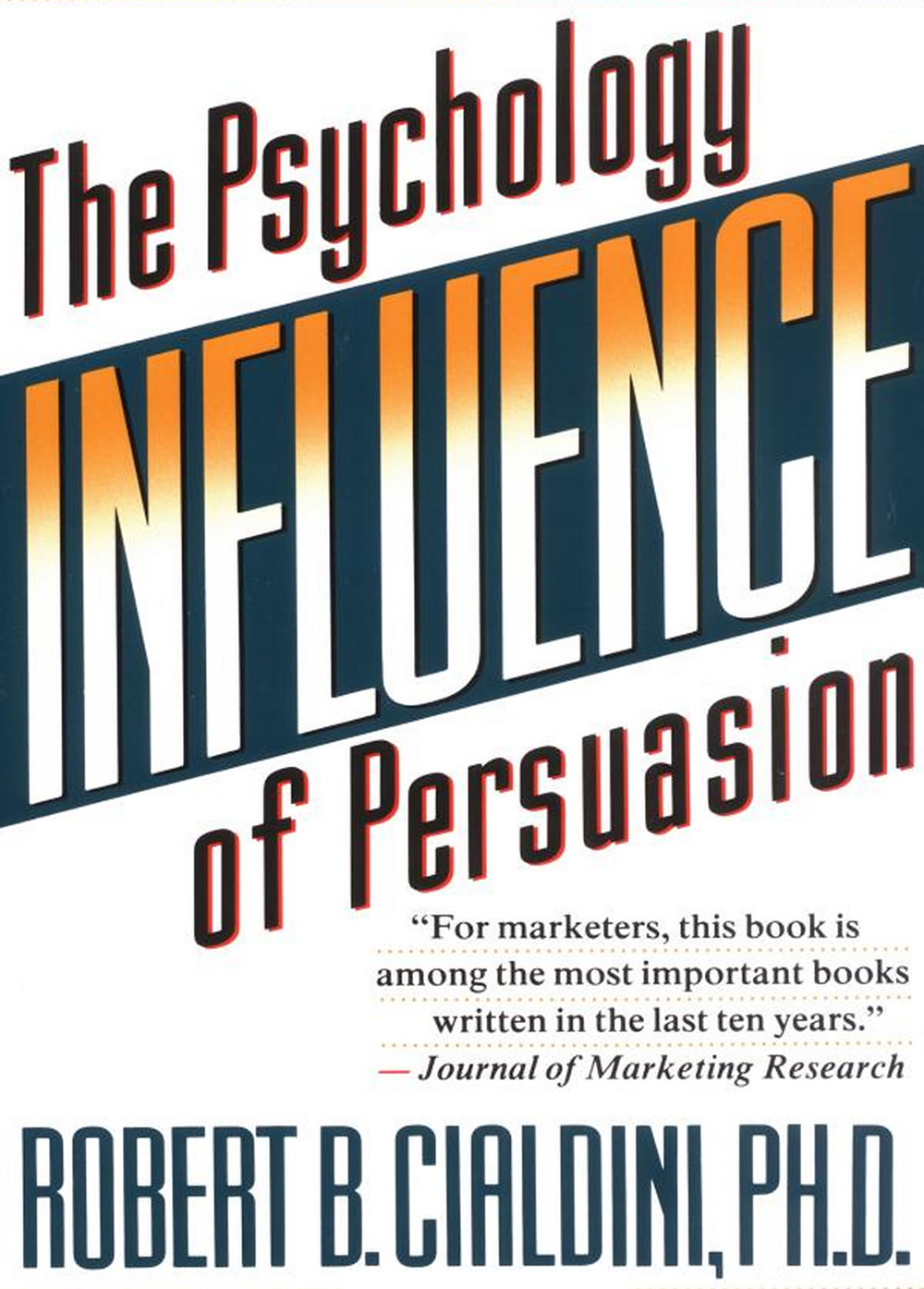
In this acclaimed book, Robert Cialdini teaches that influence and persuasion are the pillars of leadership. In other words, to lead, you must first learn to influence others and persuade them to endorse your opinion.
Throughout the book, the author and psychologist studies the mechanisms that help in the process of convincing and influencing people. In addition, he offers tips and examples so the reader can put the techniques into practice and lead more successful teams.
(Here in the blog, we have a post that talks about mental triggers that you can apply in your day to day to convince people to buy a particular product or solution.)
11. First Things First – Stephen R. Covey
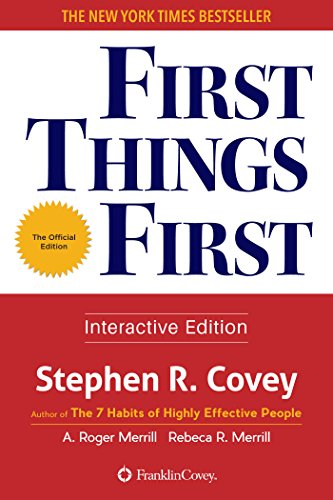
Through practical exercises, the book aims to teach readers how to distinguish their true mission, set goals for a better quality of life, optimize important decision-making processes and maximize productivity during the corporation’s daily routine.
12. The 21 Irrefutable Laws of Leadership – John C. Maxwell
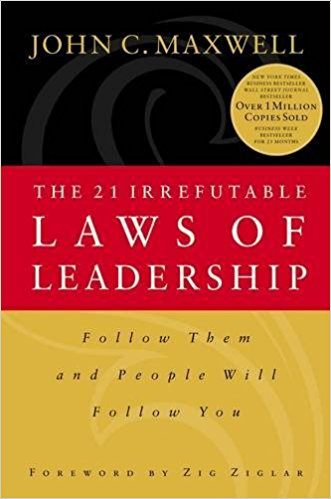
In The 21 Irrefutable Laws of Leadership, John C. Maxwell raises two central questions:
- Do you consider yourself a true leader?
- What image do those you lead have of you?
From these two questions, the author seeks to demonstrate that theoretical knowledge is not enough for someone to be a good leader.
For the author, there are certain practical rules that are imperative to assume a leading role, whether political, corporate or any other. These rules are the 21 rules announced in the title.
The success of the book is such that, in addition to the book becoming a bestseller, the author is considered by followers around the world as an authority in leadership. Throughout the book he demonstrates the application of each of the laws in practice, attesting to their irrefutability.
13. Leadership Gold – John C. Maxwell
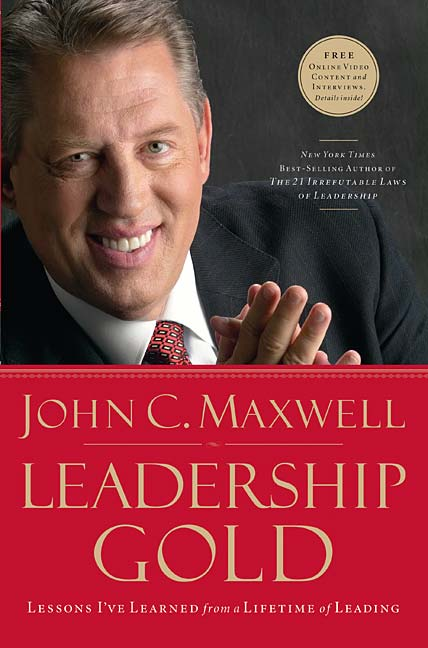
In Leadership Gold, author John C. Maxwell takes a look at everything he has learned throughout his life and career.
The author spent over 10 years developing the book that describes a journey that began in 1964 when he was only 17 years old and began to take an interest in the subject, until his recognition as the greatest trainer of today’s leaders.
14. The 7 Habits of Highly Effective People – Stephen Covey
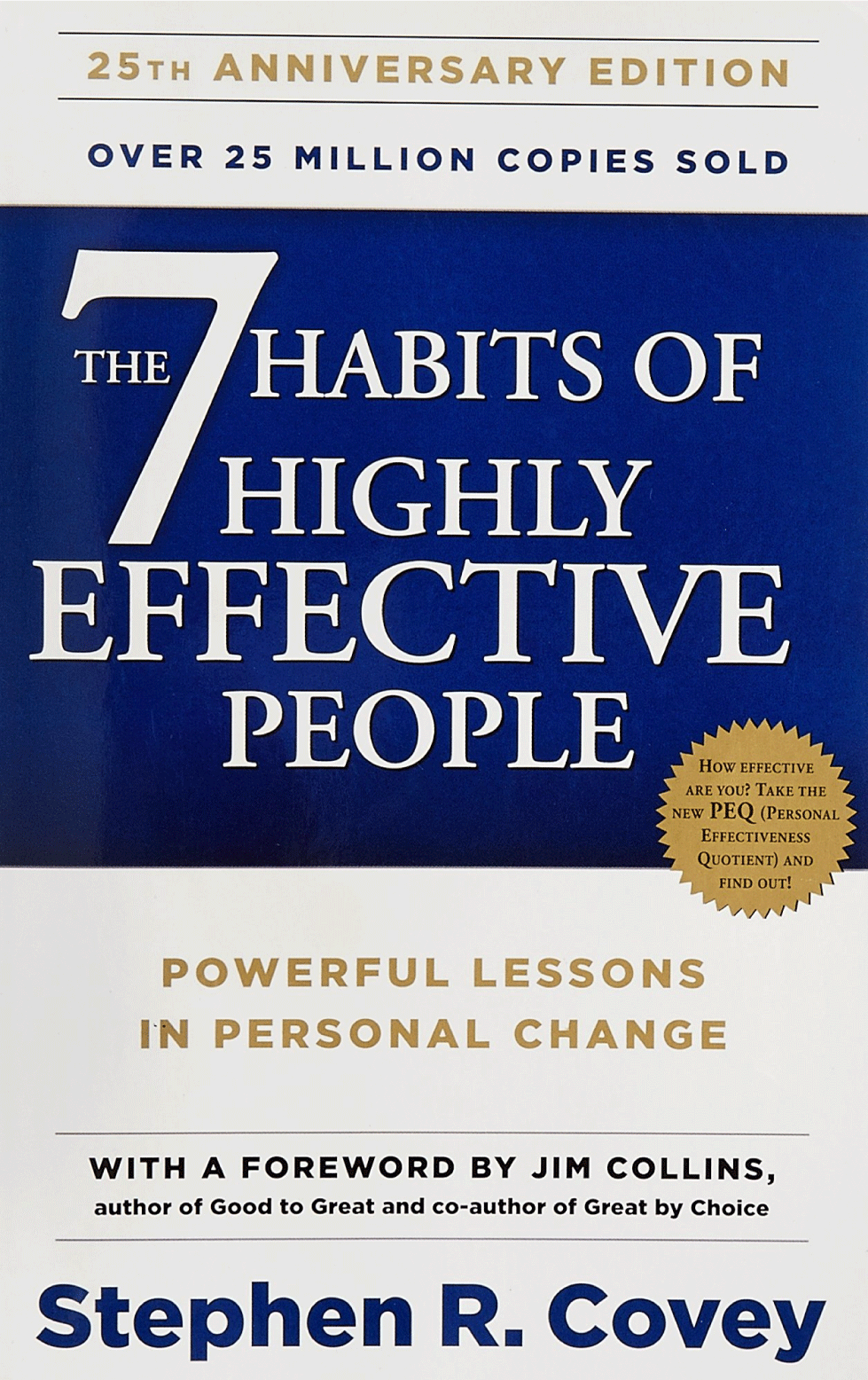
This book is considered a true editorial phenomenon in the business world and was voted the most influential book of the twentieth century by Forbes Magazine. Over 15 million copies have been sold and it has been translated into 38 languages since its publishing 30 years ago.
There are updated editions of the book with previously unpublished excerpts showing how the seven habits make those who cultivate them become much more productive and effective, as every leader needs to be.
The book has a list of seven principles for achieving effective interdependence. According to the author, these seven principles are aligned with the Ethics of Character, which he defends as being timeless and universal.
So, are you prepared to sharpen your knowledge and become a more effective leader by reading more?




